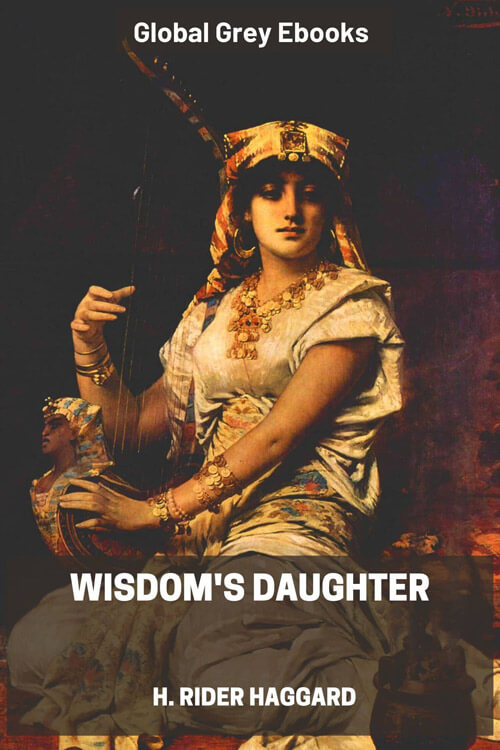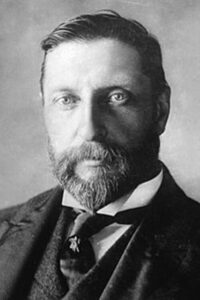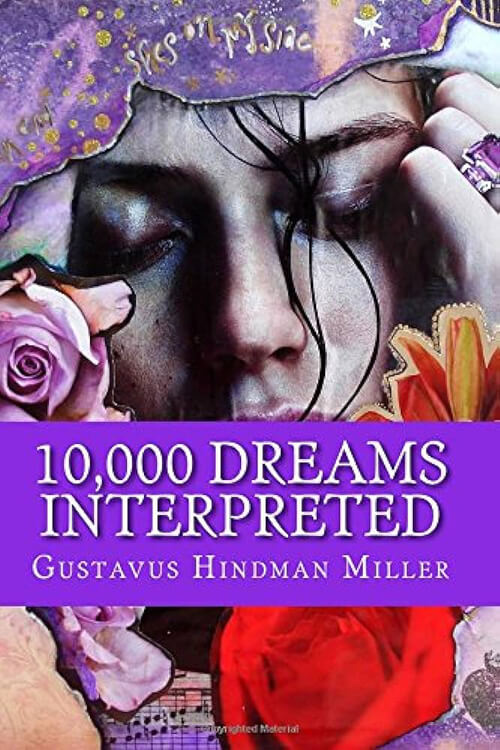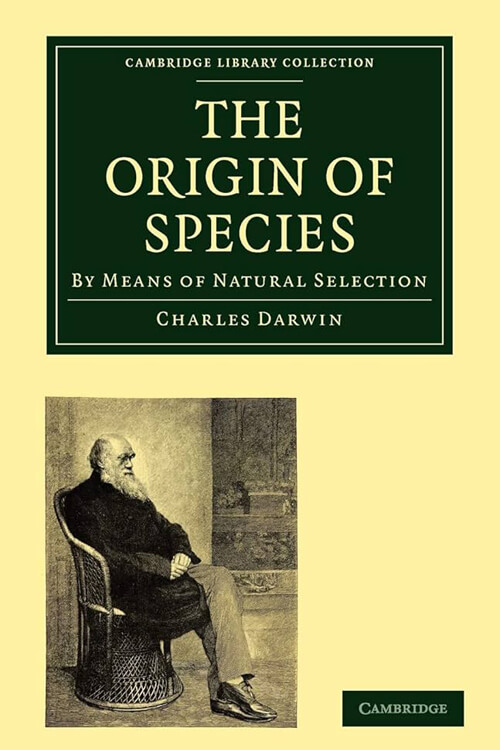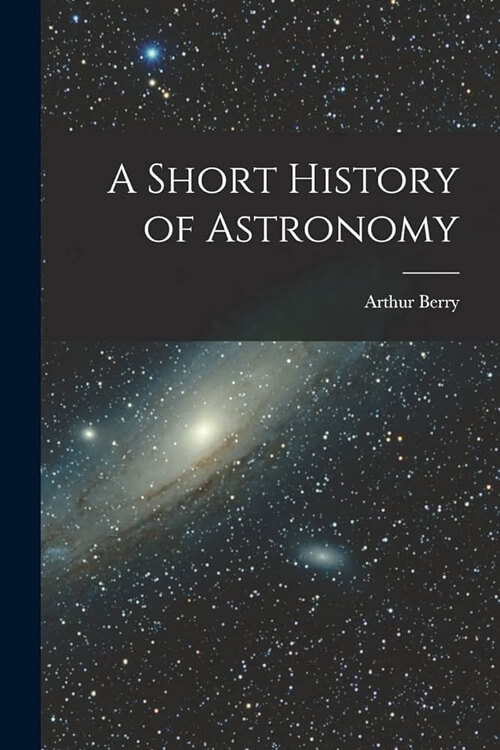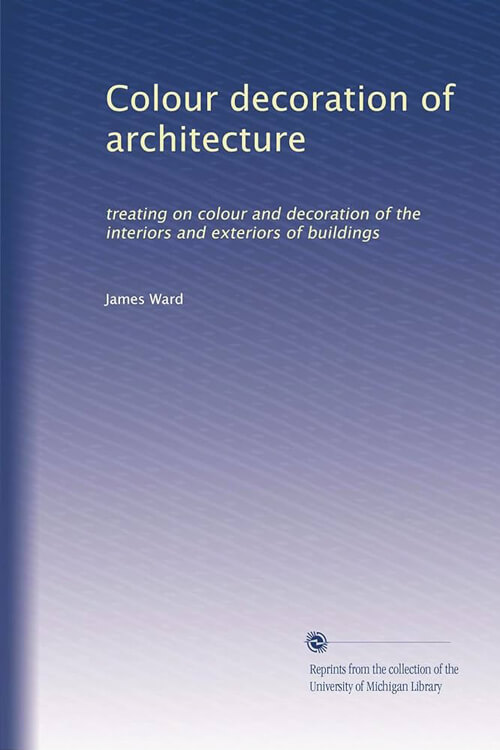
Wisdom’s Daughter
Also, I have told these or different tales to one Allan, a wandering hunter of beasts and a fighting man of good blood who visited me at Kôr. Of this, I said nothing to Holly or to my lord Kallikrates, now known as Leo or the Lion, because as to this Allan, I held it wiser to be silent.
All these stories do not agree since often I spoke them as parables, to tell each what he would wish to hear, or to hide my mind for my purposes.
Yet in every one of them lay hid something of the truth, a grain of gold in the ore of fable that might be found by him who had the skill and strength to seek.
Now my spirit moves me to interpret these parables and set down what I am and whence I came and sure of the things that I have seen and done, or at the least such of them as I am permitted to reveal by those mightier than I of whom I am the servant, as they in their turn are the servants of others yet mightier than themselves.
Here in these Asian caves I sit, the House of the Mountain, the last priestess of the worship of Mother Isis upon earth, as afore time I sat amid the ruins of Kôr in Libya.
At Kôr for two thousand years, I watched and waited till at length reborn, Kallikrates, whom unwittingly I slew in a rage of jealousy, came back to me where I had killed him. There, because of the curse that is on me and him, I lost him again, for in this very place, too, I was slain most horribly, slain by an excess of life wherewith I thought to make myself more beautiful even than I was and in striving to overfill the vase, shattered it to the vilest dust. Thus, once more, Fate made a mock of me; once more, I lost Kallikrates, whom it is my doom to desire in the flesh and to raise in the spirit through time untold.
My soul passed out and on, and here, for a little while, it found a home masked in the withered shape of an ancient priestess of my worship.
As was foredoomed, my lord came back to me and saw the shining soul within that hideous shape and claimed it with a kiss, as I think the bravest deed and the most faithful that man ever did. In the magic of that kiss, as also was foredoomed, my beauty grew again before his eyes so that once more I stand a glory upon earth. Now we are plighted, now, if all goes well, within a year, we shall be wed, aye, within one short year after I have borne him back to Kôr and unsealed the hidden Fire of Life and plunged him in its essence, giving him my gift of undying days.
Read or download Book
H. Rider Haggard
Sir Henry Rider Haggard KBE (22 June 1856 – 14 May 1925) was an English writer of adventure fiction romances set in exotic locations, predominantly Africa, and a pioneer of the lost world literary genre. He was also involved in land reform throughout the British Empire. His stories, situated at the lighter end of Victorian literature, continue to be popular and influential.
Biography.
Family
Henry Rider Haggard, generally known as H. Rider Haggard or Rider Haggard, was born at Bradenham, Norfolk, the eighth of ten children, to William Meybohm Rider Haggard, a barrister, and Ella Doveton, an author and poet. His father was born in Saint Petersburg, Russia, in 1817 to British parents.
A member of the Haggard family, he was the great-nephew of the ecclesiastical lawyer John Haggard an uncle of the naval officer Admiral Sir Vernon Haggard and the diplomat Sir Godfrey Haggard.
Education
Haggard was initially sent to Garsington Rectory in Oxfordshire to study under Reverend H. J. Graham, but, unlike his elder brothers, who graduated from various private schools, he attended Ipswich Grammar School. This was because his father, who perhaps regarded him as somebody who was not going to amount to much, could no longer afford to maintain his expensive private education. After failing his army entrance exam, he was sent to a private crammer in London to prepare for the entrance exam for the British Foreign Office, where he never sat. During his two years in London, he came into contact with people interested in the study of psychic phenomena.
Writing career
After returning to England in 1882, Haggard published a book on the political situation in South Africa, as well as a handful of unsuccessful novels, before writing the book for which he is most famous, King Solomon’s Mines. He accepted a 10 percent royalty rather than £100 for the copyright.
A sequel soon followed entitled Allan Quatermain, followed by She and its sequel Ayesha, swashbuckling adventure novels set in the context of the Scramble for Africa (although the action of Ayesha happens in Tibet). The hugely popular King Solomon’s Mines is sometimes considered the first of the Lost World genre. She is generally considered to be one of the classics of imaginative literature, and with 83 million copies sold by 1965, it is one of the best-selling books in history. He is also remembered for Nada the Lily (a tale of adventure among the Zulus) and the epic Viking romance, Eric Brighteyes.
Legacy
Psychoanalyst Carl Jung considered Ayesha, the female protagonist of She, to be a manifestation of the anima. Her epithet “She Who Must Be Obeyed” is used by British author John Mortimer in his Rumpole of the Bailey series as the lead character’s private name for his wife, Hilda, before whom he trembles at home (even though he is a barrister with some skill in court). Haggard’s Lost World genre influenced popular American pulp writers such as Edgar Rice Burroughs, Robert E. Howard, Talbot Mundy, Philip José Farmer, and Abraham Merritt. Allan Quatermain, the adventure hero of King Solomon’s Mines and its sequel Allan Quatermain, was a template for the American character Indiana Jones. Quatermain has gained recent popularity thanks to being a main character in the League of Extraordinary Gentlemen.
Graham Greene, in an essay about Haggard, stated, “Enchantment is just what this writer exercised; he fixed pictures in our minds that thirty years have been unable to wear away.” Haggard was praised in 1965 by Roger Lancelyn Green, one of the Oxford Inklings, as a writer of a consistently high level of “literary skill and sheer imaginative power” and a co-originator with Robert Louis Stevenson of the Age of the Story Tellers.

